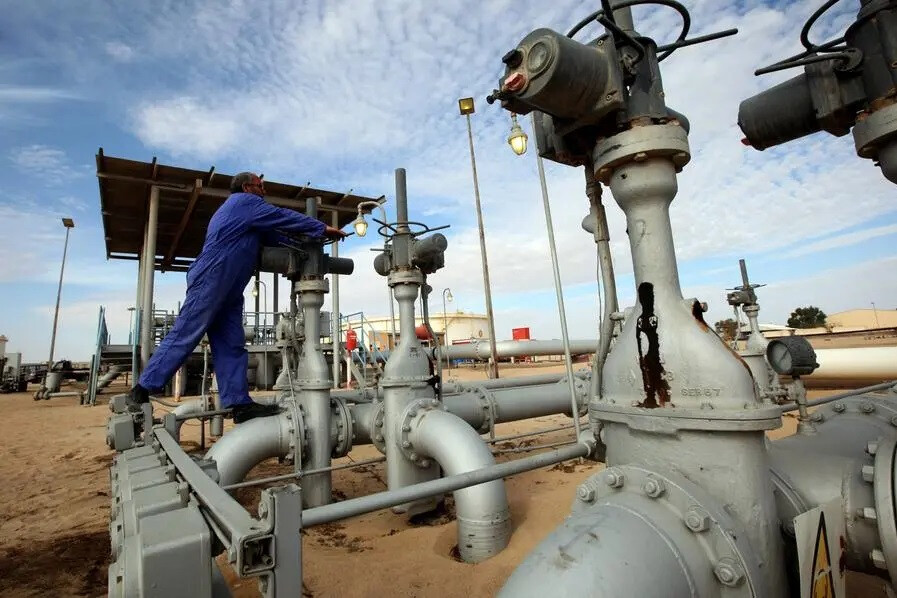
Benghazi, Libya – A seismic shift is underway in Libya's oil-rich landscape, as the emergence of private firms threatens to dismantle the decades-long dominance of the state-run National Oil Corporation (NOC). At the forefront of this transformation is Arkenu Oil Company, an eastern-based entity that has exported over $600 million in crude oil since May 2024, bypassing established state channels and igniting a firestorm of economic and political concerns.
For generations, Libya's oil wealth, accounting for over 90% of state revenue, has been managed centrally by the NOC. However, the nation's protracted political crisis, stemming from the 2011 overthrow of Muammar Gaddafi and the subsequent division between the internationally recognized Government of National Unity (GNU) in Tripoli and the eastern-based administration aligned with General Khalifa Haftar, has created a fertile ground for alternative players.
Arkenu's operations, closely linked to Haftar's forces and particularly his son Saddam Haftar, represent a direct challenge to the NOC's authority. This development raises critical questions about the control and distribution of Libya's vast oil resources. The NOC has declared the actions of Arkenu to be illegal, and has made requests to international buyers to not purchase oil from them.
The involvement of military figures has deepened concerns about the potential for oil revenues to fuel further conflict. By securing independent financial streams, Haftar's forces gain greater autonomy, potentially diminishing the GNU's leverage and risking the creation of parallel economic systems. This situation could lead to a deeper fragmentation of Libyas already fragile economy. The Libyan Dinar has already seen increased volatility, and the average Libyan citizen is worried about increased inflation, and a reduction in government services.
The international community is watching these developments closely. The United Nations, the United States, and the European Union have expressed concerns about the lack of transparency and the potential for increased instability. There is a fear that these private oil sales could violate international sanctions and lead to further restrictions on Libya's economy. Countries like Russia, the UAE, and Egypt, which have historically supported Haftar, are also being monitored for their potential involvement in this evolving situation.
The rise of private oil firms also poses significant economic risks. The diversion of revenue from the Central Bank of Libya could deprive the state of crucial funds for essential services, exacerbating existing economic hardships. Furthermore, the lack of a clear regulatory framework raises the specter of corruption and mismanagement.
The future of Libya's oil industry hangs in the balance. Several scenarios are possible:
The GNU may intensify legal and diplomatic efforts to assert the NOC's authority and pressure international buyers.
Tensions between the east and west could escalate, potentially leading to further economic and even military conflict.
Efforts may be made to negotiate a compromise, allowing for regulated private sector participation while maintaining state oversight.
As Libya navigates this precarious path, the world watches, hoping that the nation can avoid a descent into further chaos and ensure that its oil wealth benefits all its citizens.
[Copyright (c) Global Economic Times. All Rights Reserved.]






























